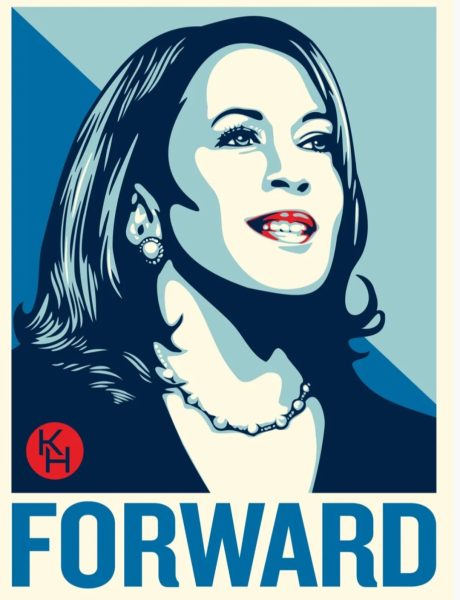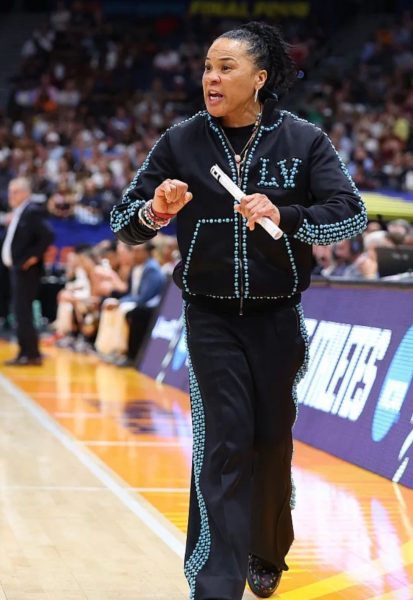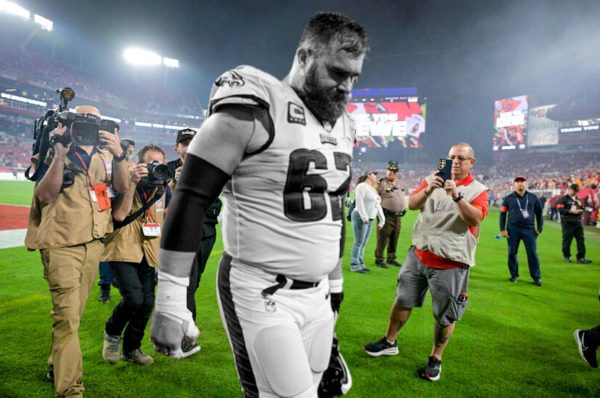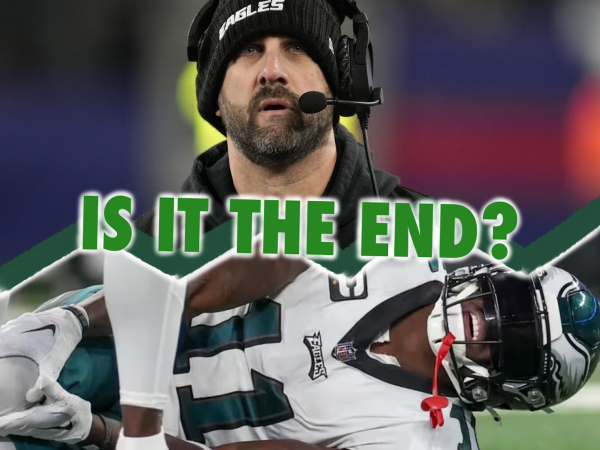Ben Simmons: A Man’s Struggle With Mental Health
Ben Simmons, a well-known 76ers player, has recently taken a personal leave of absence from the team, on account of his mental health. He was a player with potential and the team’s first overall selection in the 2016 draft, but after the Game 7 loss to Atlanta last year, his abilities were being re-evaluated.
While his other stats remained strong, his jump shot lacked ability, which later affected his foul shooting, and he lost his competitive edge. In a critical moment of Game 7, he passed out of a wide-open dunk to Matisse Thybulle with just minutes remaining in the game.
Simmons knew he had disappointed his teammates, his coaches, and the thousands of fans in the stands. According to an article published by ESPN, “Sixers coach Doc Rivers was asked after that Game 7 loss if Simmons could be a Championship-level point guard. “I don’t know the answer to that,” Rivers said. This was the first major sign of an upcoming downfall in Simmons’ mental health.
As the next season rolled around, Simmons refused to appear at team practices. From the start of the season, Simmons didn’t show up to anything in relation to the team. He demanded to be traded, stating that if he was not traded by the end of August, he had no intentions of showing up to trading camp.
Fans only saw cowardice and called him such things online. Simmons knew from the start he had let down his fans and team and hoped to get a fresh start with a new team. While he had loyalty to the Sixers, facing them after last year’s defeat felt impossible, so he requested a trade. This was refused, on the grounds that he had a responsibility to “raise his trade value,” so Simmons kept to his word.
At the time, Simmons had a salary of 33 million dollars: an extremely high amount, but average for professional sports players. In order to preserve this pay, Simmons first claimed a back injury, unwilling to admit his struggles with mental health were causing him to bail on the team.
In accordance with his contract, the team began an Escrow account, placing the funds Simmons would be receiving into it until he returned to play.
Practice after practice, he continued not to show. He had no relations with his teammates or coach, speaking only with his advisor. As time went on, with no physical diagnosis of a back injury, Simmons was forced to admit the truth: his struggles with mental health were holding him back.
Immediately, Simmons was hit with the backlash from thousands of Sixers fans and reporters on social media. They harped on him for not doing his job, denying his responsibilities, and betraying his team.
John Johnson, host of Sports Radio 94wip tweets, “Ben Simmons is a gutless coward, who is going to report because of the only thing he cares about. Money.”
These brutal fans did nothing to help Simmons. For a world that claims to care about mental health struggles, they were ruthless and cruel towards the man, insisting that he “man up” and come play.
As the team moved into the Preseason, Simmons’ pay began to be permanently docked. For each game he missed, $360,000 would be fined from the $8.1 million in the Escrow account.
After missing the entire season, this would total 1.4 million dollars. Even if he is traded or returns to play, at this point those funds are non-refundable.
With so much money on the line, why is Simmons continually called a “coward” and a “fake”? The answer is simple: modern sexism.
Despite being entered into a contract, Simone Biles recently withdrew herself from competing in the Japan Olympics for the same reasoning as Simmons: mental health.
For the world of competitive athletes, the pressure can be immense, and some handle it better than others.
“To do something that I’ve done forever and just not be able to do it because of everything I’ve gone through is really crazy because I love this sport so much. It’s hard, I’m sorry. And I don’t think people understand the magnitude of what I go through,” says Biles on the issue.
When Biles withdrew due to mental health issues, the media was understanding. This decision was not without backlash, but the majority of media stood behind her, believing in the pressures of a highly competitive environment.
The factors of this were twofold. First: Biles was a woman. In the world of mental health, it is more accepted to be a woman that struggles with it than a man. For a woman, it is believable. For a man, it is “fake.”
While the particulars of the situation varied greatly, the principle of the matter is the same. In a moment when his performance mattered, he faltered, and that took a toll on his mentality. To be boo’d and cajoled from a crowd of thousands is no easy weight to bear.
The second reason for this divide in reactions was the support from the team itself. For fans to see the rest of the US Olympic team backing her, it was comforting and taught them how they should react.
On the other hand, the Sixers management has done nothing but push for a return. While it is understandable that they were relying on him as a player, his contract states that a mental health problem is to be treated like any other physical injury.
They have forced him into several psychiatric evaluations, each with someone employed by the team. Rich Paul, Simmons’ agent, disagrees with these actions. “He’s not there yet. How can a doctor, who has only met with Ben once, say, ‘Ben is mentally ready to play?’ So do we keep digging on him, or help him?”
Simmons has begun to make progress, returning to the team’s gym and resuming a few of his training sessions. Still, the Sixers push him for more. While they may rely on him as both an employee and a player, it is important to understand that mental health struggles take time.
In the meantime, he continues to be berated by fans, claiming he is “fake” and “cheap,” pulling a trick to continue to get a paycheck without putting in the work. The truth is, Simmons cracked under the pressure of his team.
“Now that we understand that reluctance from Ben, it all makes sense. There was a shying away from it. If Ben has repeatedly shown behavior that entails he isn’t mentally ready to play, embrace him. Support him. We have to remove our ego from it. We all have to take responsibility,” says Paul, understanding the role the team plays in an athlete’s mental health.
Mental health has no timeline, no agenda, and no care for jobs or responsibilities. Simmons made it clear that to him, the Sixers was a harmful environment. After repeated requests to trade, he was denied, and this trapped him in a negative situation. Simmons informed the Sixers he could not resume training with them, yet they continually pushed him to do so.
Without fans or a team to support him, Simmons was left to a slow recovery. Every injury takes time to heal. If a sprained ankle is continually walked on, it will only injure further. For Simmons, now it is important to alleviate the pressure on his ankle. If they refuse to let him go, the Sixers have a responsibility, both moral and contractual, to support Simmons.












